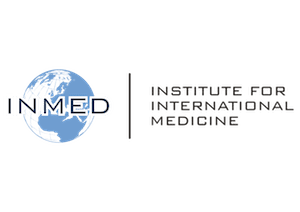Healthcare as a profession has inherent underlying and often inadequately examined ethical assumptions and principles from which ethical decisions are made. In the US, nearly all health-care professionals are taught at least the four basic principles of autonomy, beneficence, non-maleficence, and justice. In the diverse international context and among some populations within the US, these principles are sometimes not assumed. In this course learners will first focus on Western ethical principles and then broaden the perspective by critiquing these Euro-American ethical perspectives by looking at bioethics from the perspective of other cultural approaches – voices from within the US and internationally. An anthropological approach will be introduced. The questions surrounding a universal morality, moral status and obligation, individualism and communalism, public good and individual freedom, globalism vs “statism”, etc. will be explored. Course graduates will gain an understanding of the breadth of cultural complexity from which ethical decision-making occurs in an international context. In the final essay, there will be the opportunity to take a particular case from an international context and apply the principles learned.
This is a comprehensive course made up of 8 weeks of structured learning. It is built around the required textbook Principles of Biomedical Ethics – Beauchamp and Childress, 7th edition, available through amazon.com.
Proceed through the content in chronological order according to the course syllabus. Click the “Mark Complete” button at the end of each section. Note: To view the full width of each page without scrolling left to right, please collapse the left-side menu using the arrow in the top left of the page.
